
Registrations are now closed. For any urgent matter, please contact the event coordinator, Chiara Canestrini.
Please note: The event will also be live-streamed on this page.
At the 2019 Copenhagen Energy Infrastructure Forum, the European Commission invited the Copenhagen School of Energy Infrastructure (CSEI) and the Florence School of Regulation (FSR) to organise roundtables on the uptake of innovative technologies for transmission and distribution and report to the next Forum.
Given the exceptional coronavirus circumstances, we decided to organise the roundtables as two complementary online debates that each conclude an interactive online consultation. Please find more information on the consultation below.
This second online debate focusses on regulatory experimentation that allows regulators to become more proactive, dynamic, and responsive and find the right balance between enabling innovation and responsible risk management. Experiences with regulatory experimentation in the Netherlands, Great-Britain and Italy will be discussed.
Regulation cannot move as fast as innovation. A trending practice to do regulatory experimentation is a regulatory sandbox. A regulatory sandbox refers to a structured context for experimentation in a real-world environment without some of the usual rules applying. Regulatory sandboxes are not unique to the highly regulated energy sector but are also used in other sectors such as banking and healthcare. Two frontrunner countries with experiences in the implementation of regulatory sandboxes for energy are the Netherlands and Great-Britain. However, there are also other possibilities to allow for regulatory experimentation; examples are pilots, exemption procedures and waivers. Italy is an example of a country that experimented with energy regulation in such other ways.
Moderator: Leonardo Meeus (FSR)
You can provide your input in two ways:
1. Comment on the discussion note. You can leave comments addressing specific paragraphs. For example, you believe some points need to be highlighted more, a point is not raised, or you have an opinion you want to voice.
2. Answer our polling question and elaborate on your answer. You can find more background to the polling question in the discussion note. This polling and your response will be discussed during this online debate.
This event is in collaboration with the Copenhagen School of Energy Infrastructure
![]()
![]()
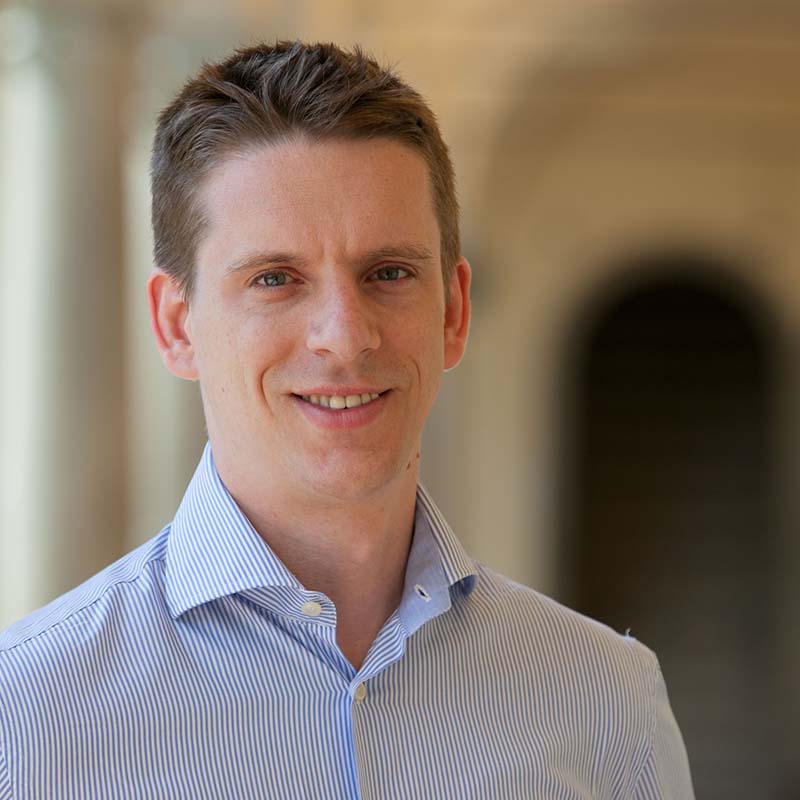
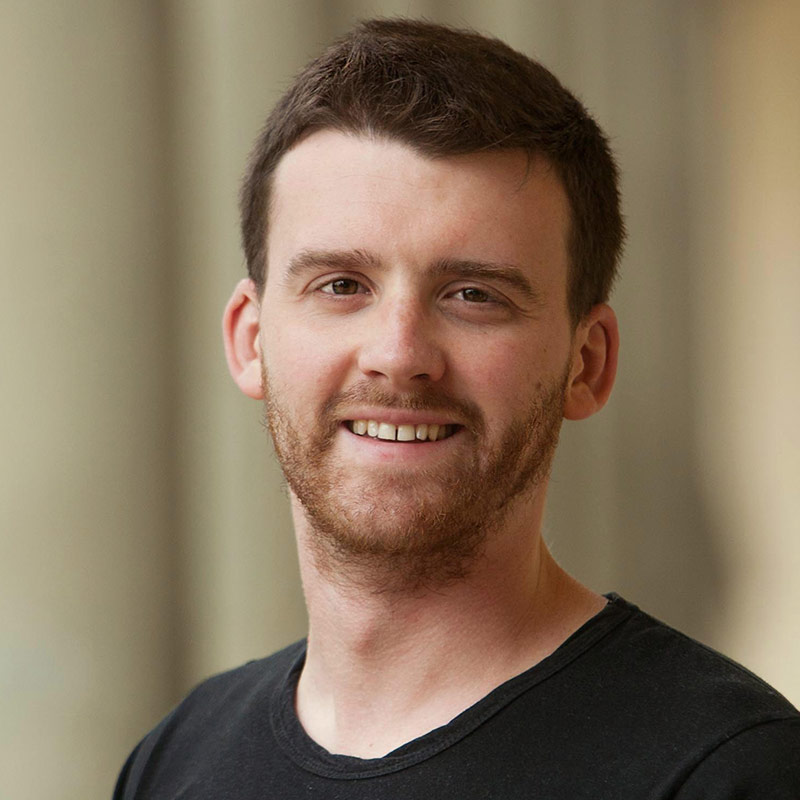
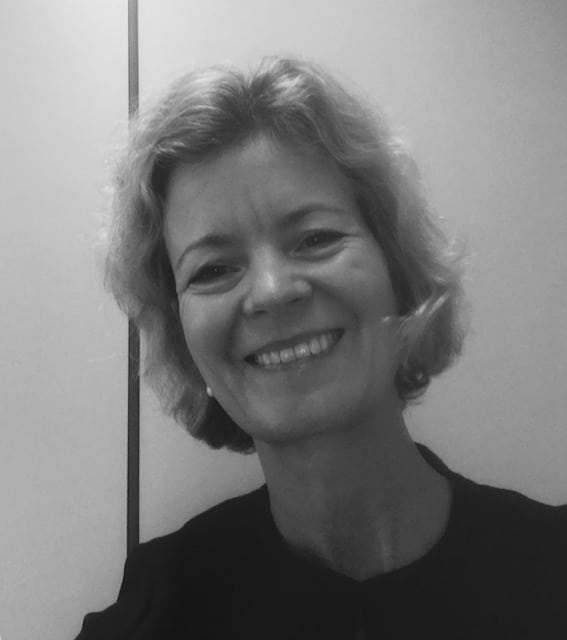
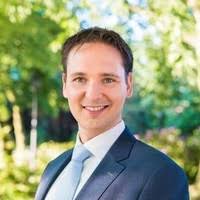
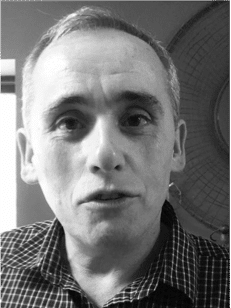
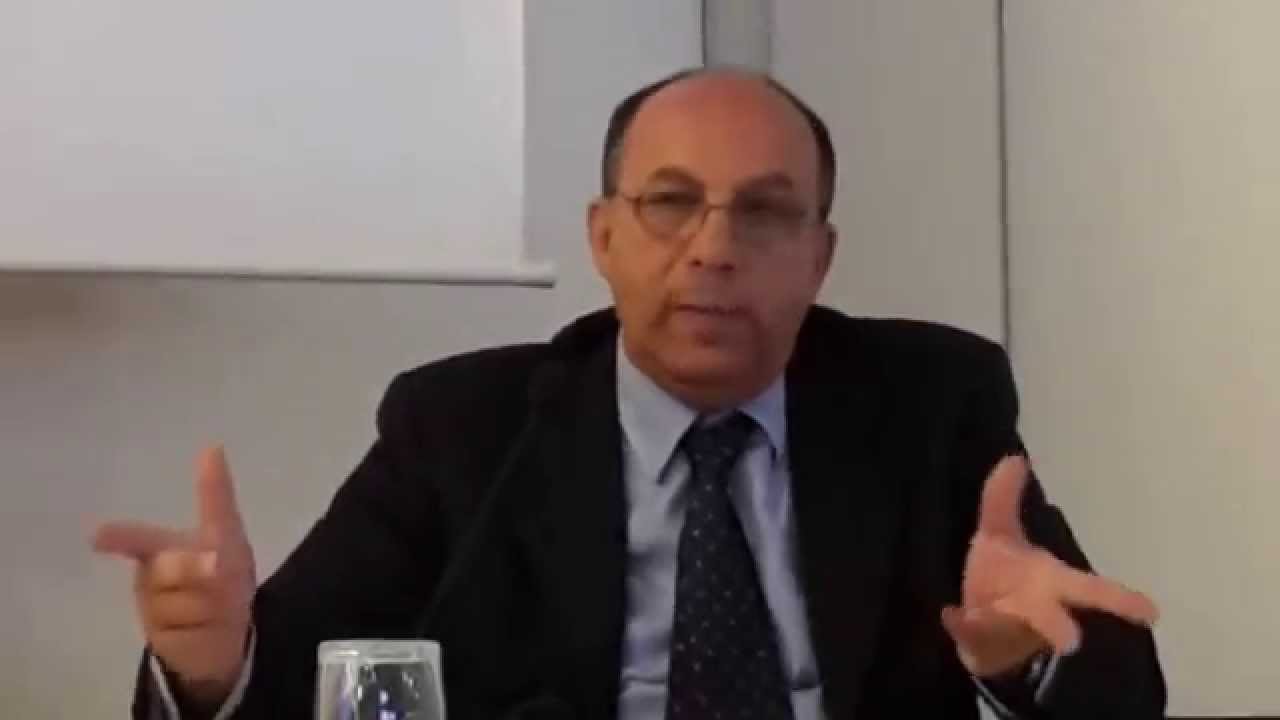
To meet, discuss and learn in the channel that suits you best.